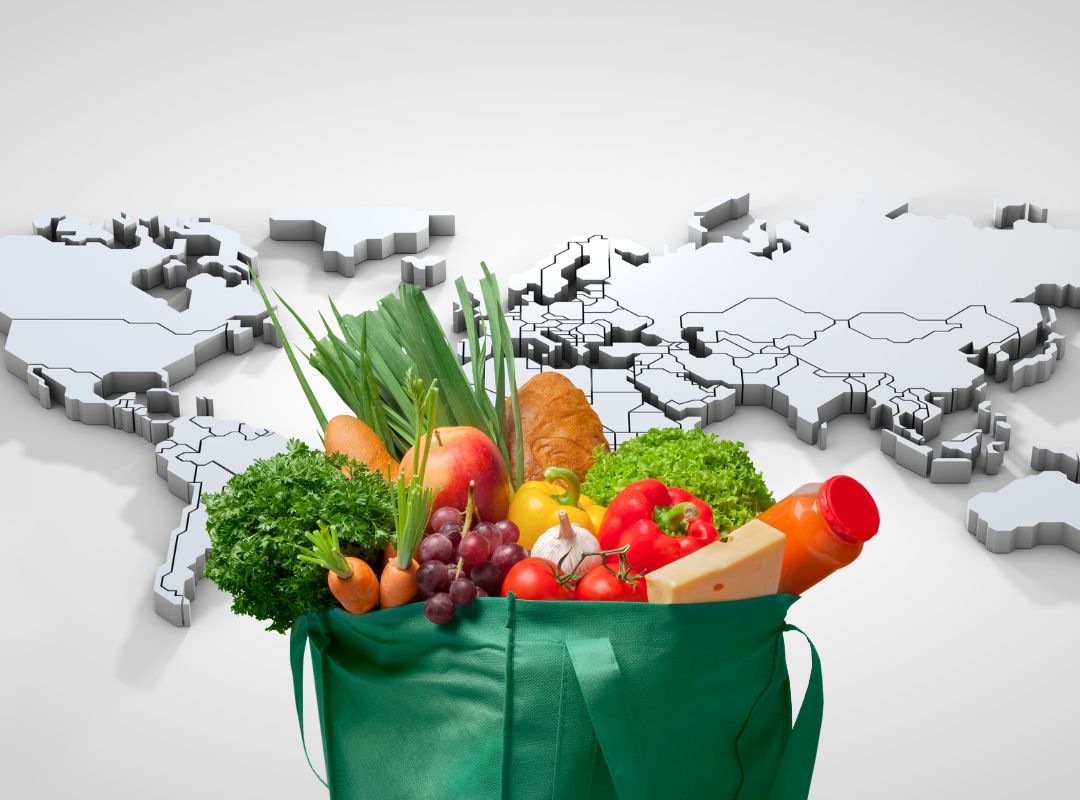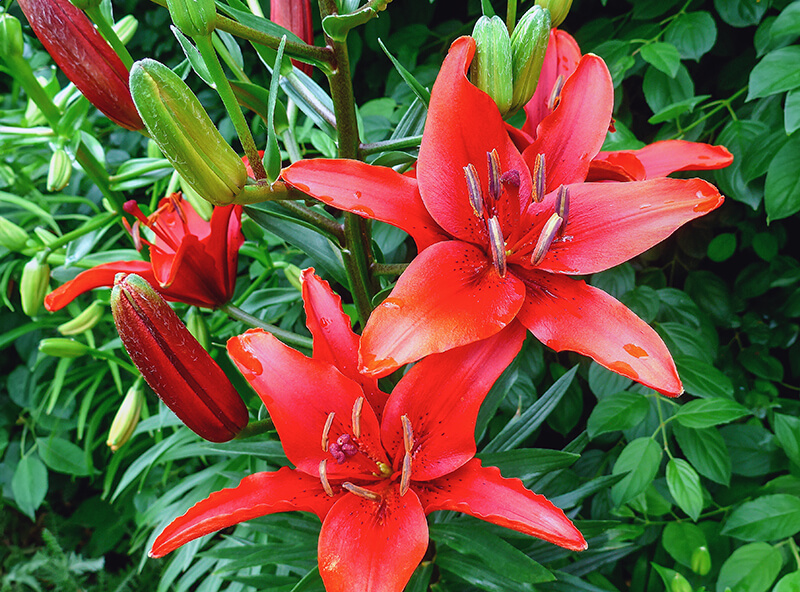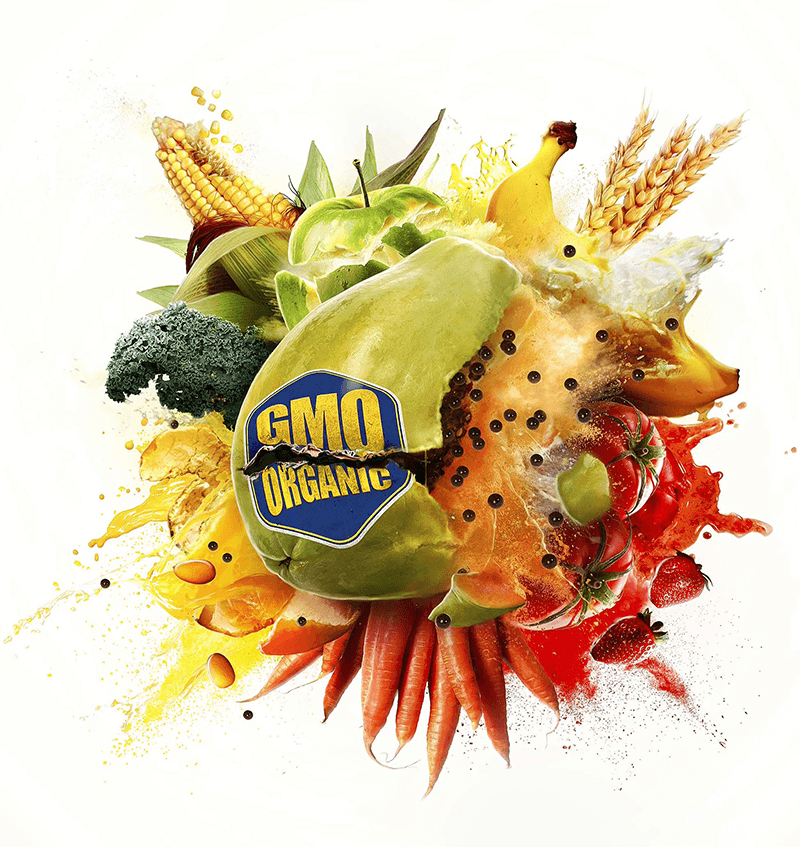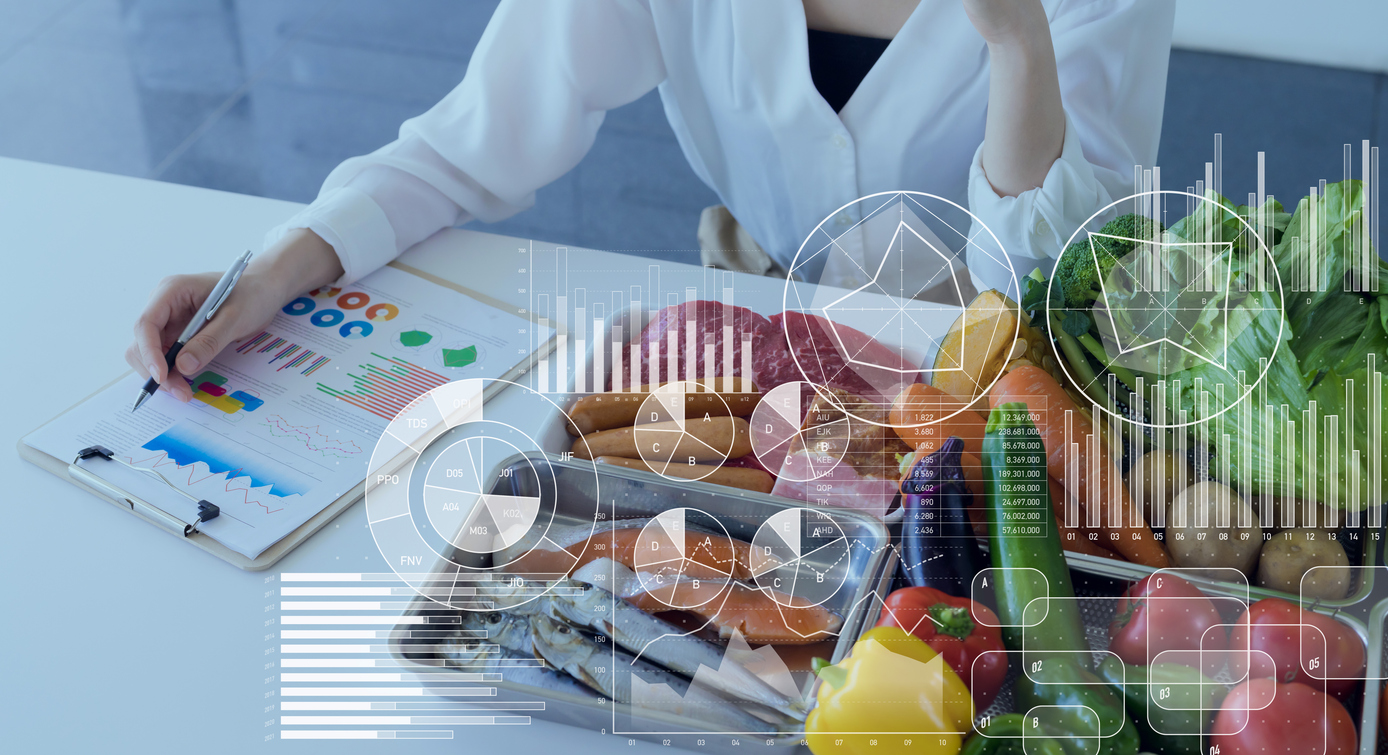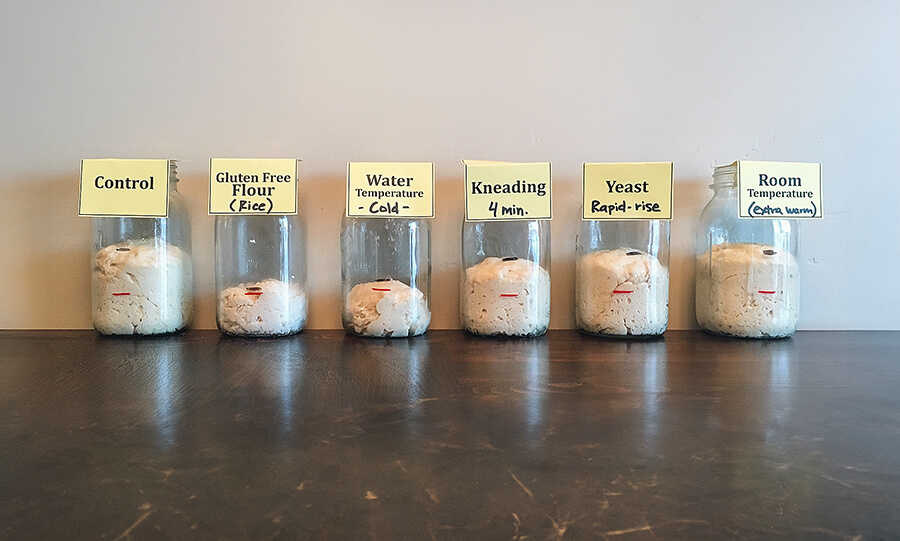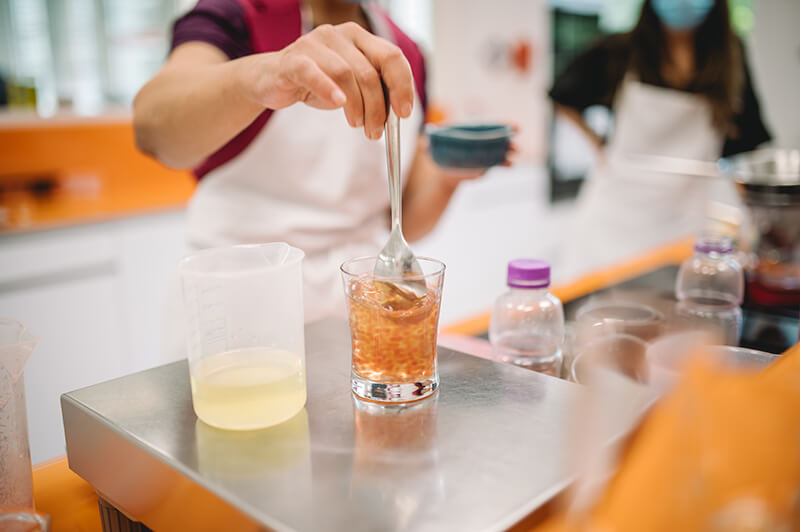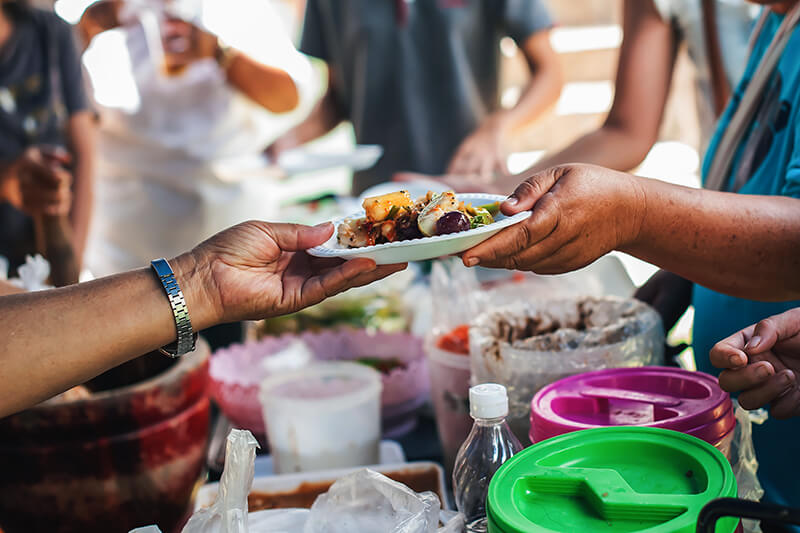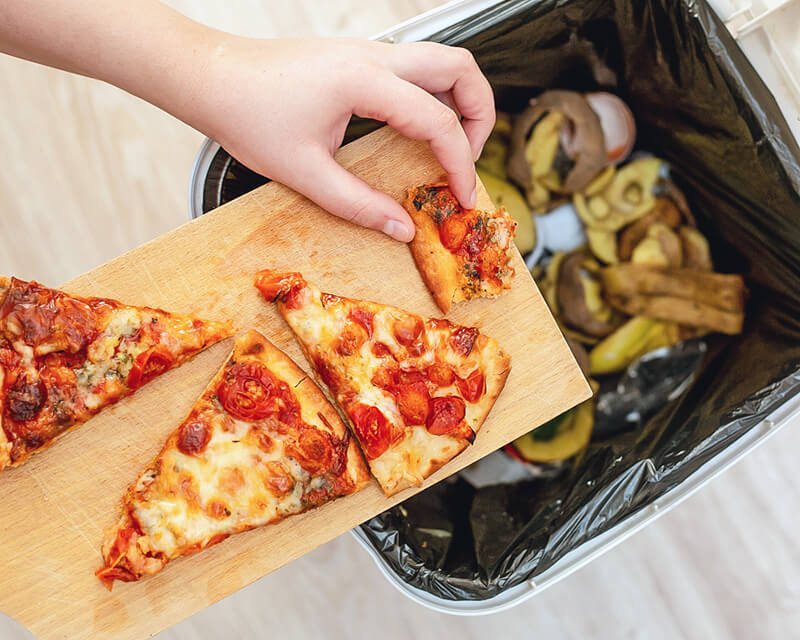
Fighting Food Waste: Strategies and Solutions for Home and School
Students will explore strategies that can decrease food waste at home and school, design solutions for schoolwide food waste reduction efforts, and participate in food waste challenges that encourage sustainable shopping, correct food storage practices, and meal planning.
